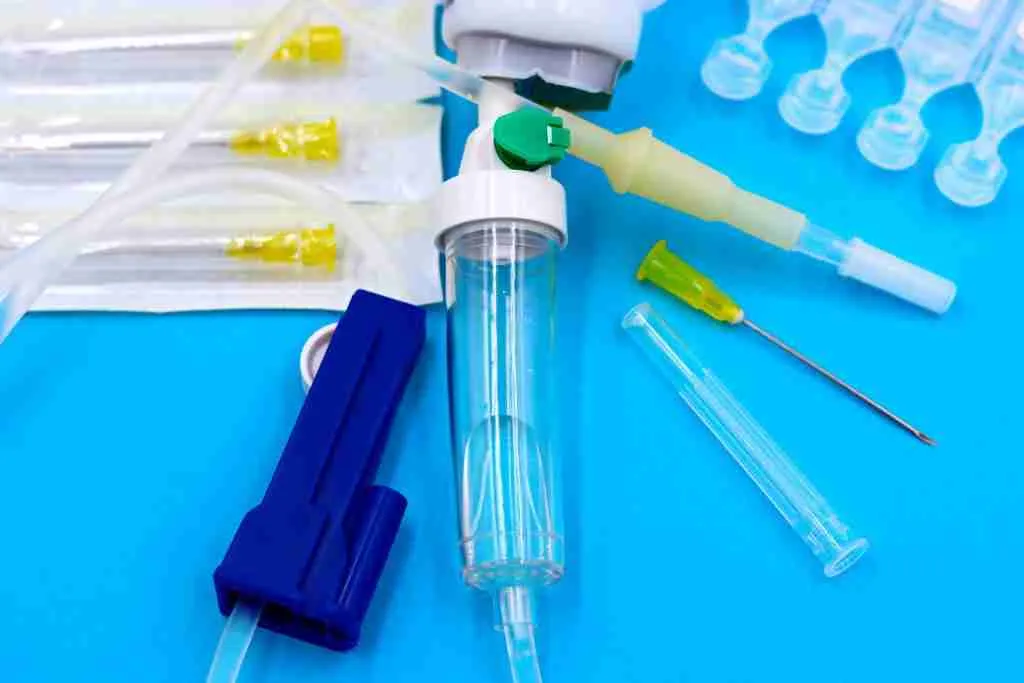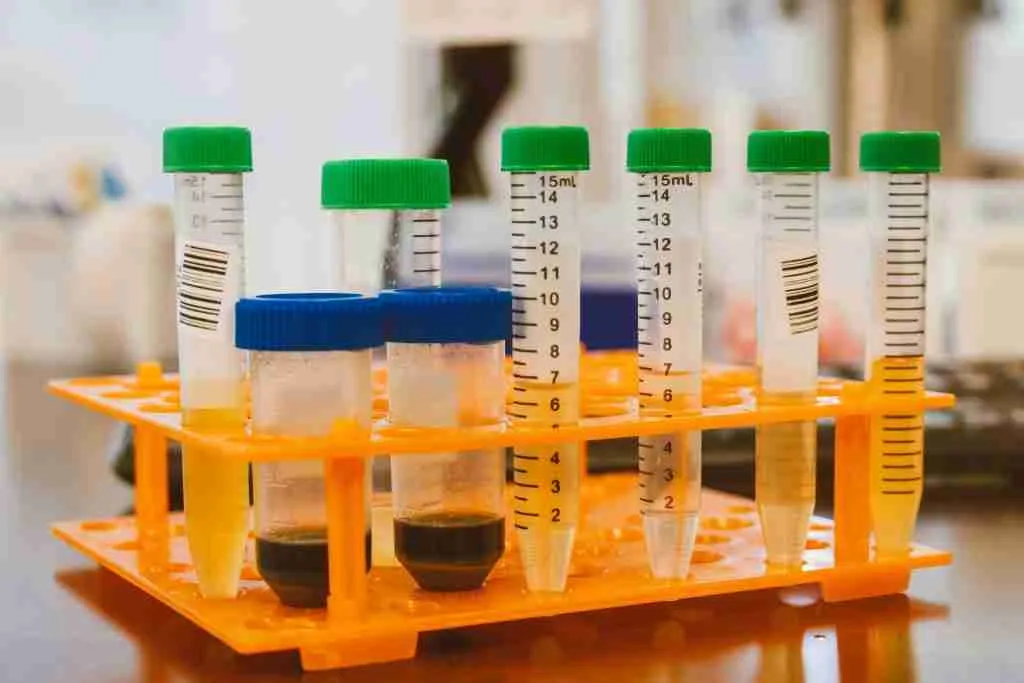
The pace of innovation in medical technology is as fast as it has ever been, and often an uncelebrated hero lies behind many of these innovations: custom plastic fabrication for the medical industry. From surgical instruments to diagnostic equipment, plastics have transformed how medical instruments are designed, manufactured, and ultimately delivered to health care providers.
In this article, we will look at how custom plastic fabrication is changing the way we design medical equipment, the various benefits to the industry, the materials and processes associated with medical plastic fabrication, and why selecting the right type of plastic manufacturer is vital for innovation and ultimately depends on patient safety.
Why Plastic Fabrication Matters in the Medical Industry
Medical equipment and devices need to be durable, safe, cost-efficient, and precise. Metals and glass were once the entry materials into this space, but plastics have had a meteoric rise due to their versatility, cost, and recent advancements in performance.
Plastic fabrication for the medical industry allows manufacturers to design and build components that meet strict standards in health care while ensuring innovation in medical product development. Unlike typical standardized parts that are off-the-shelf, custom plastic fabrication guarantees that every detail of medical products is catered to the specific needs of the medical professional and the patients to whom they serve.
The Role of Custom Plastic Fabrication in Medical Equipment Design
Custom plastic fabrication empowers medical manufacturers to design products with precision and have the flexibility to pursue entirely new applications. Here is how it is changing design:
1. Lightweight but Strong Materials
Plastic parts deliver the strength needed to operate in the demanding conditions of health care, but are significantly lighter than metals. This aspect significantly improves the ergonomics of devices where weight consideration is important, such as portable, handheld devices, imaging machines, and wearable medical devices.
2. Complex Designs and Shapes
With CNC machining, injection molding, thermoforming, and 3D printing, engineers can create more complex and exciting form shapes than ever before in realizing a conceptual design. A designer’s ergonomics will follow through into development, modifying surgical instruments, electronic device enclosures, and many components integrated with hi-tech imaging and diagnostic equipment.
3. Biocompatibility and Sterilization
Medical plastics, particularly PMMA (acrylic), polycarbonate, and PEEK, possess biocompatibility with patients and can be safely sterilized through autoclaving or chemical disinfecting. The three categories of products provide materials ideal for applications such as some implants, tubing, and some diagnostic equipment.
4. Cost Saving Options with Production Innovations
Custom-fabricated plastics can facilitate fast prototyping, allowing medical device manufacturers to test product concepts, deal with change, and enter local scaled production without the expense and accountability of traditional materials. Once developers are engaged in the design of a product, they can transition ‘days’ instead of months benefiting from the early innovation.
Benefits of Custom Plastic Fabrication for Medical Use
There are benefits of switching from metal to custom plastic fabrication not only for manufacturers but also to the doctors, patients, and the healthcare system.
- Improved Patient Safety: Non-toxic biocompatible plastics mean viable interaction in medical tools that will equate to patient contact.
- Modified Versatility: Plastics can be fabricated into custom forms and shapes, allowing for improved design and use case considerations for user comfort and ergonomics.
- Superior Durability: Plastics are corrosion resistant, impact resistant, and can handle many sterilization cycles.
- Speed of Production: Newer fabrication processes mean faster turnaround prototyping and ramping while also being quicker to market for managers challenged by increased demand.
- Reduced Costs: Plastics are generally less expensive to fabricate than metals, and are easy to transport, hospital biomedicals, and potentially patients can look to minimize costs.
‘Typical’ Applications of Custom Plastic Fabrication in Healthcare

The healthcare and medical industry still has significant plastic components and material usage. Below are a few examples of how plastic fabrication for the medical industry is influencing the sector:
- Surgical tool handles, grips, and housings – where reductions in weight is beneficial to maintain the accuracy of surgical tools
- Diagnostics – housings and internal components in MRI, CT, and X-ray machines
- Patient monitoring – wearables that will require durable and comfortable enclosures
- Hospital furniture and equipment – trays, IV poles, and easy-to-clean durable housing
- Prosthetics and implants – Custom-fabricated plastics will provide patients with comfort and longevity, could be utilized as orthopedic devices and prosthetics
- Single-use items – syringes, tubing and single-use diagnostics can be beneficial as it has been manufactured at a low cost.
Plastic Materials Utilized for the Fabrication of Medical Equipment
The right materials must be identified, and knowing this will help very manufacturers easily ensure safety, compliance, and performance.
Some examples of plastics that are utilized:
- Polycarbonate (PC) – High strength and impact resistant, this plastic is commonly used in the manufacture of surgical tools and the housing of medical devices.
- Acrylic (PMMA) – Transparent and highly durable, acrylic is suited well to make lenses, displays, and enclosures.
- PEEK (Polyether Ether Ketone) – High-performance polymer that is resistant to heat and chemicals. PEEK is acceptable for long-term implants.
- Polypropylene (PP) – Low weight, flexible, normally utilized for tubes and many disposables.
- ABS – very versatile, and inexpensive, ABS is commonly used for enclosures and internal components that require durability.
Processes for Fabrication of Plastic in Medical Device Manufacturing
When designing products for healthcare, manufacturers have various plastic fabrication processes to choose from; each has its benefits as it relates to the performance and design requirements of medical devices:
- Injection Molding – Provides consistency and repeatable accuracy for high-volume medical part manufacturing.
- CNC Machining – A perfect way to create the most highly detailed prototypes or individual parts.
- Thermoforming – Process used to create large products, for example, medical trays and equipment enclosures or housings.
- Laser Cutting & Laser Etching – Precision machining for making a detailed part, or labeling equipment with permanent markings.
- 3D Printing – A great option for rapid prototyping or patient-specific medical products.
In What Ways Does Custom Plastic Fabrication Accelerate Innovation in Healthcare
Custom plastic fabrication can offer the medical industry the single greatest advantage of accelerating the rate of innovation. A medical device company can:
- Test prototypes quickly prior to mass manufacturing.
- Make modifications to a design quickly based on feedback from a customer such as a healthcare provider.
- Design custom solutions for patients; for example, making prosthetics to fit the individual anatomical characteristics of a patient.
- Scale to production quickly to accommodate the needs of global healthcare applications.
The rapid rate of innovation is the ultimate path to help medical innovators bring lifesaving devices to the market in significantly less time, to improve healthcare outcomes for patients everywhere.
The Future of Plastic Fabrication in the Medical Industry
Looking ahead, indicators are engendering a positive future for plastic fabrication materials and processes in healthcare. Some of these opportunities include:
- Sustainable Medical Plastics – Sustainable materials, recycling options, and alternatives to plastic to support minimizing medical waste.
- Smart Plastics – Plastics that incorporate technology to monitor health data can provide a high level of care to patients.
- Nanotechnology-Enhanced Plastics – Plastics that can enhance antimicrobial properties to create a safer, sterile healthcare environment.
- Customized 3D-Printed Medical Devices – Producing an implant or patient-specific equipment with the patient’s anatomy in mind.
As these opportunities continue to grow and develop, plastics and the processes for making these products will continue to be at the forefront of medical equipment design.
Why Choose Welch Plastics for your Medical Plastic Fabrication?
Welch Plastics delivers on plastics fabrication in the medical industry with innovative, cutting-edge manufacturing processes combined with decades of fabricating experience.
We offer the capabilities to provide you with:
- Precise and consistent fabrication processes designed to fulfill your medical-grade specifications.
- Quality materials that are entitled for healthcare use.
- The ability to provide rapid prototyping and scalable production methods.
- Full-custom capabilities to allow you or your team to support and facilitate greater innovation for medical design.
As a reliable resource for medical manufacturers and healthcare operators looking to build or purchase safe, reliable, durable, and innovative medical components, Welch Plastics is the preferred choice for project embodiment.
Final Thoughts
The medical industry is rapidly evolving, and Custom Plastics fabrication is at the center of innovation. From the surgical tools used to assist in the surgery or the wearable device patients can track to manage their health, plastics are making medical equipment lighter, stronger, safer, and cheaper.
Healthcare will continue to evolve and innovate, and custom plastic fabrication will remain core to the ability to design products that save lives and help patient care worldwide.
If your organization is searching for a trusted partner in plastics fabrication for the medical industry, contact Welch Plastics today to discuss your project and see what our expertise can help you achieve in bringing your vision to life.
